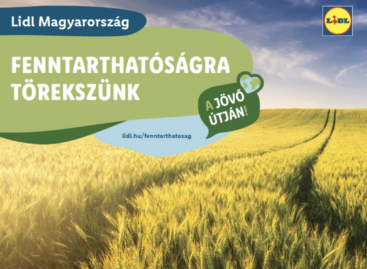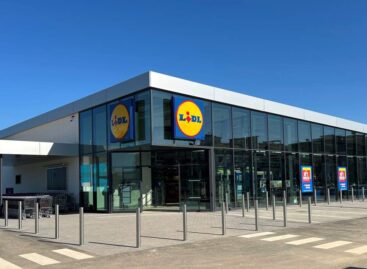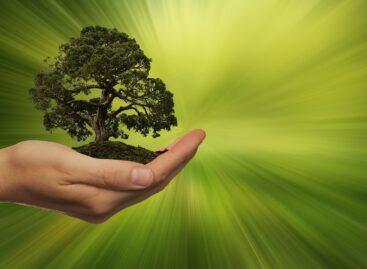How Waste Becomes a Recyclable Material?
Upcycling is one of the goals of the circular economy. There are different approaches to the way there. Whether one looks at the consumer goods industry, retailers, or packaging manufacturers, awareness of the recyclables in waste is growing.
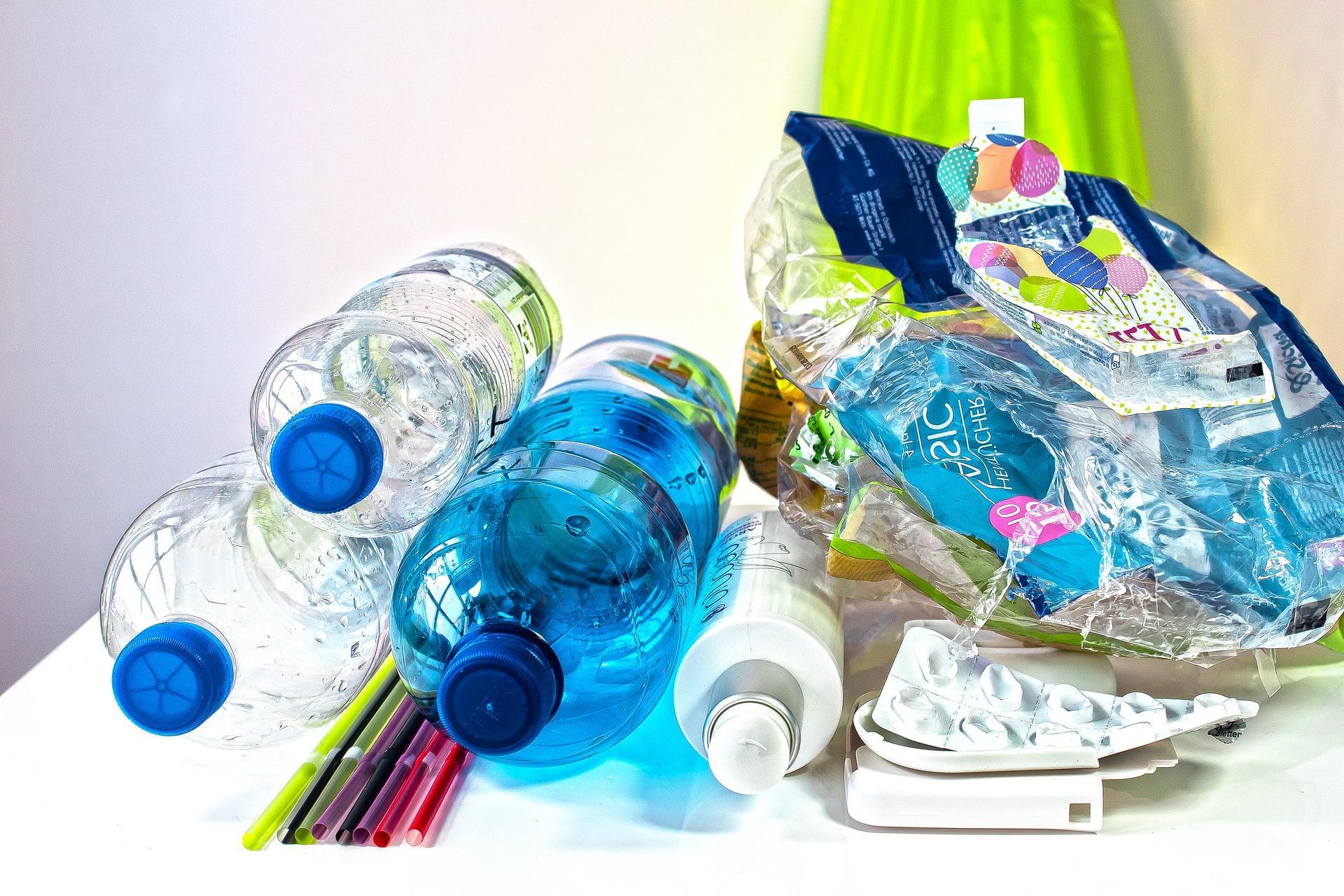
Recycling is definitely a must for all industries
Worldwide, up to 23 million tons of plastic waste per year end up in oceans, lakes, rivers, and streams, explains the environmental protection organization WWF. That is equivalent to nearly two truckloads per minute. The United Nations Environment Assembly (UNEA) therefore wants to take countermeasures. By the end of 2024, the representatives of the states want to launch a global legally binding agreement against plastic pollution.
Ingemar Bühler, Managing Director of Plastics Europe Deutschland (PED), sees this as taking the right track: “The resolution focuses on solutions for a better handling of plastics. After all, plastic is an important resource that must be efficiently managed in a closed-loop system.”
One of the key goals of the circular economy is upcycling, which involves converting waste products or seemingly useless materials into new products in order to save raw materials. There are different approaches to implementing this. “We understand this to mean the use of recyclates, which can be used for a higher-value application in their next life. Recyclates are reprocessed, recycled materials from a specific use,” explains Alexander-Christian Root, head of packaging management at Prezero, an environmental service provider of the Schwarz Group in Neckarsulm, which also includes Lidl and Kaufland.
Design matters
In addition to the rate of incorrectly discarded materials, the lack of purity in terms of type has so far proved to be a hurdle for the circular economy.
“Composite material is a huge challenge. For example, to remove the label attached with glue from a plastic bottle or to separate the films from food trays,” reports Dr. Ron Brinitzer, managing director of Kunststoffland NRW, an association of the plastics industry that covers the entire value chain from chemical companies to processors and machine builders to recyclers. Different plastics have different chemical and material properties. If they cannot be separated properly, the result is an inferior mixed material with unusable properties from which it is no longer possible to manufacture a functionally identical. This happens, for example, when several layers of plastic are glued together as thin films in packaging. That is why design plays an important role, says Brinitzer: “Even when designing the packaging, the requirements of recycling have to be taken into account, for example, in terms of the mix of materials or even colors and adhesives.”
In the case of food packaging, upcycling for further high-quality use is all the more difficult as a result of the mostly plastic-based barrier coatings that are necessary to keep vegetables or meat fresh. At the same time, these must prevent contaminants from leaking out of the packaging. The Preserve project of the Fraunhofer Institute for Process Engineering and Packaging (IVV), in which Südpack Verpackungen, Danone, Ferrero, and Beiersdorf are also involved, aims to remedy this situation. The partners are working on bio-based barrier coatings that can be recycled separately from materials. Wherever possible, the recyclates obtained in this way are to be further processed in one or more production cycles, for example as flexible or injection-molded cosmetics packaging or as a fiber material.
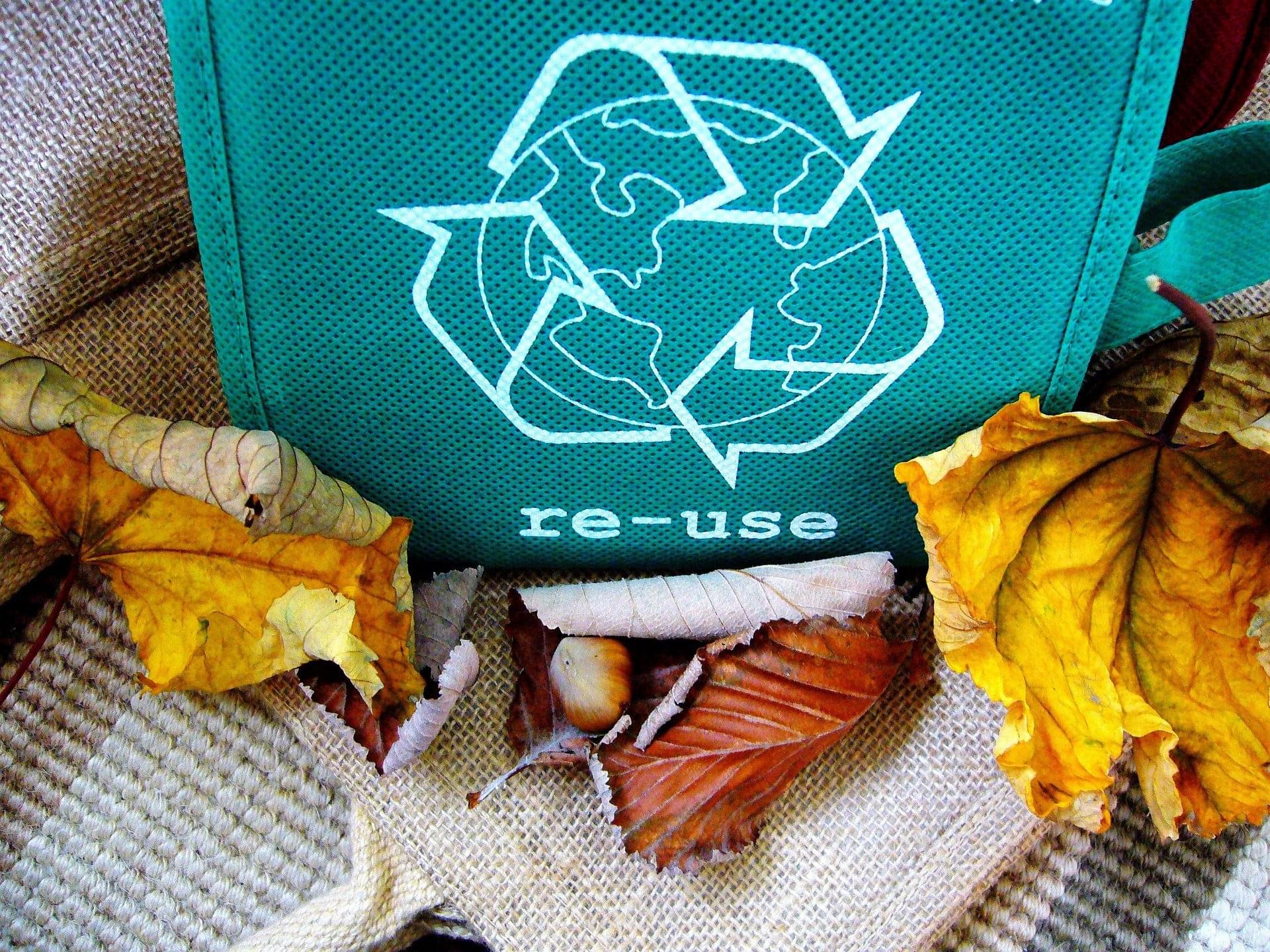
Upcycling gives reused material a new shape
Modern technology can also help to secure raw materials in waste and recycle them further: In January, Prezero in Eitting, Bavaria, commissioned a 40-million-euro, fully automated sorting system for lightweight packaging such as yogurt pots. The material is separated into 18 different fractions: by plastic types such as polypropylene, polyethylene terephthalate (PET) or polystyrene. The plant also sorts by color and, thanks to artificial intelligence, exceeds all sorting quotas prescribed by lawmakers as part of the packaging law enacted in 2019.
Unlike downcycling, upcycling results in material upgrading. According to Prezero-man Root, there is no blanket answer as to what is higher-value: “We ask ourselves what the application will be. And how long will the product be used?” He adds that this also takes into account whether a food packaging is of higher value per se compared to one for cosmetics or personal care, or whether a reusable packaging performs better compared to a disposable one. The answer to these questions becomes easier when a raw materials company like Golden Compound partially replaces conventional plastics in clothes hangers or coffee capsules with shells from sunflower seeds, which are produced in large quantities as waste in the food industry.
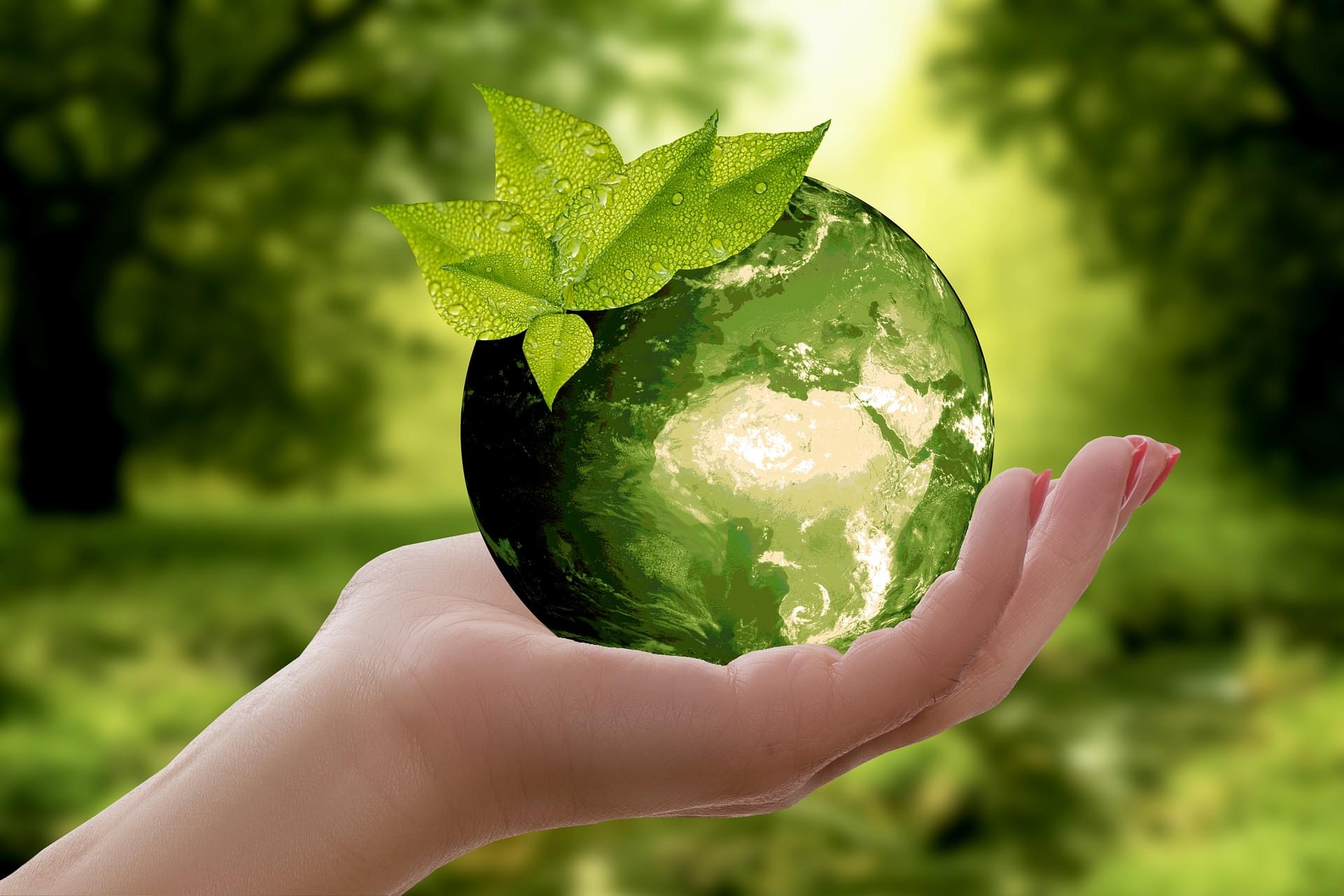
Recycling becomes a more and more innovative “industry”
Fresh soil instead of mountains of waste
The Hamburg-based start-up Bio-Lutions goes one step further: it uses a patented process to convert agricultural residues into self-binding ultrafine and stable fibers that can then be formed into various containers such as packaging for food, disposable cutlery, or lids for coffee cups. “In the process, we use a wide variety of agricultural residues that are processed purely mechanically without having to isolate the cellulose. Instead, we use the whole natural fiber, which is much more efficient. After use, the products are easily compostable,” explains founder and CEO Eduardo Gordillo. Bio-Lutions developed the new technology in collaboration with Zelfo Technology GmbH based in Schwedt.
Packaging 360
Related news
Lidl has published its 3rd sustainability report
Lidl Hungary’s sustainability report for the 2022/2023 business years has…
Read more >TikTok conqueror: Dubai chocolate craze at Lidl
As the Christmas holidays approach, there is an increasing demand…
Read more >Mol and the University of Pannonia have completed a successful consortium project
Mol and Pannon University have concluded a successful consortium project…
Read more >Related news
Recognition of Consumer Protection Excellence: Honoring the Best of 2024
This year’s outstanding consumer protection officers and special award recipients…
Read more >The Joy of Giving! – SPAR stores collect non-perishable food for people in need
The Hungarian Maltese Charity Service and SPAR Hungary have launched…
Read more >KSH: industrial production decreased by 0.2 percent in October
In October, the volume of industrial production fell by 0.2…
Read more >
